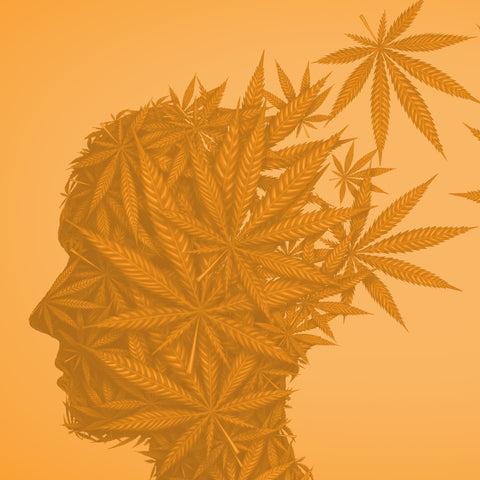Learning & education: Cannabis

A new era has arrived, folks. We have entered the era of minor cannabinoids. And one of the most promising, making up just 1% of cannabis and hemp plants, is cannabigerol or CBG. Much like CBD, CBG is a non-psychoactive cannabinoid that can have profound effects on inflammation and neuroprotection.
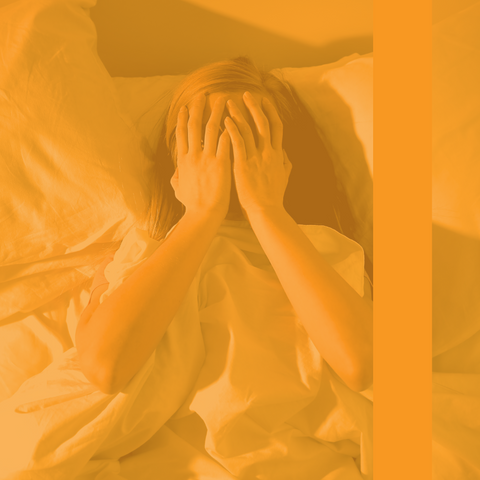
This article delves into six commonly prescribed medications known to affect sleep quality, examining their mechanisms and impact on different sleep stages.
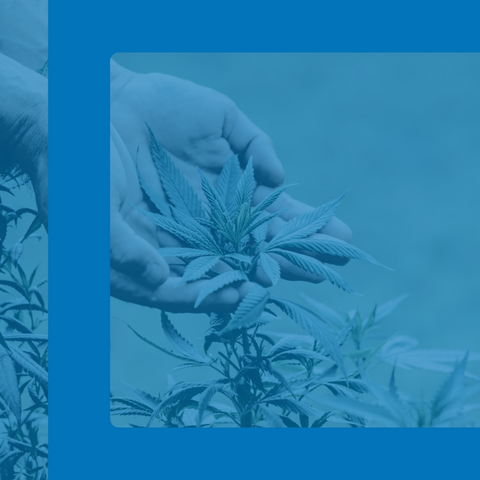
Cannabis has historically been used for a wide range of purposes, such as industrial, ornamental, and pharmaceutical applications [1,2]. In the modern world, marijuana use is permitted in some jurisdictions to help address the nausea caused by chemotherapy, anorexia in patients with AIDS, and to manage pain. It is also used recreationally to treat anxiety, insomnia, to stimulate an appetite, to simply get “high,” and much more.
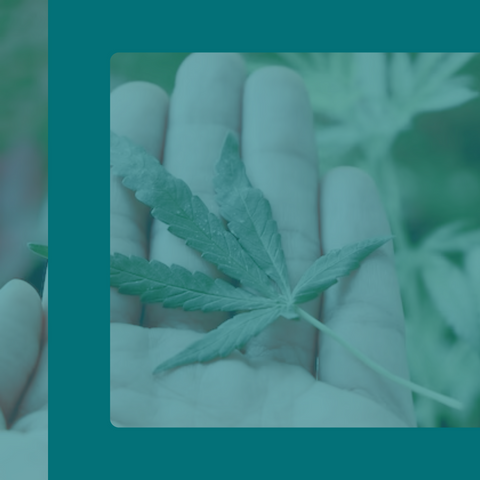
Nowadays, cannabis is a popular topic in the news and on social media. You may have come across articles or blogs discussing compounds called cannabinoids that are present in cannabis plant and their effects on the neurotransmitter GABA. In this article, you’ll learn more about cannabinoids and their effects on mental health, especially in relation to the GABA system.
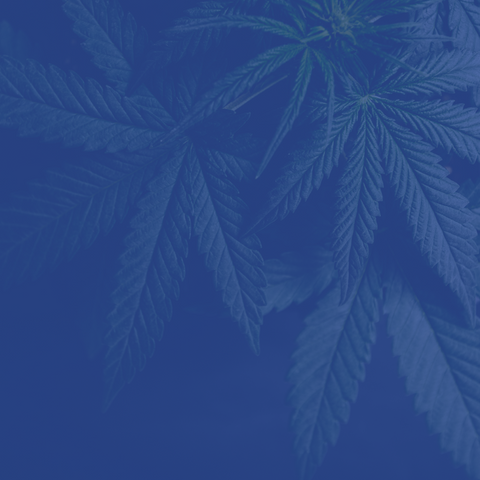
Even though cannabis has accompanied humans for almost 5000 years, it was not until recently that its mechanism in our bodies and related main actors were revealed. Tetrahydrocannabinol (THC) and cannabidiol (CBD) are the most known active compounds in cannabis. These exocannabinoids interfere with the regular neuron communication system by mimicking natural endocannabinoids, internal compounds produced in our body.

